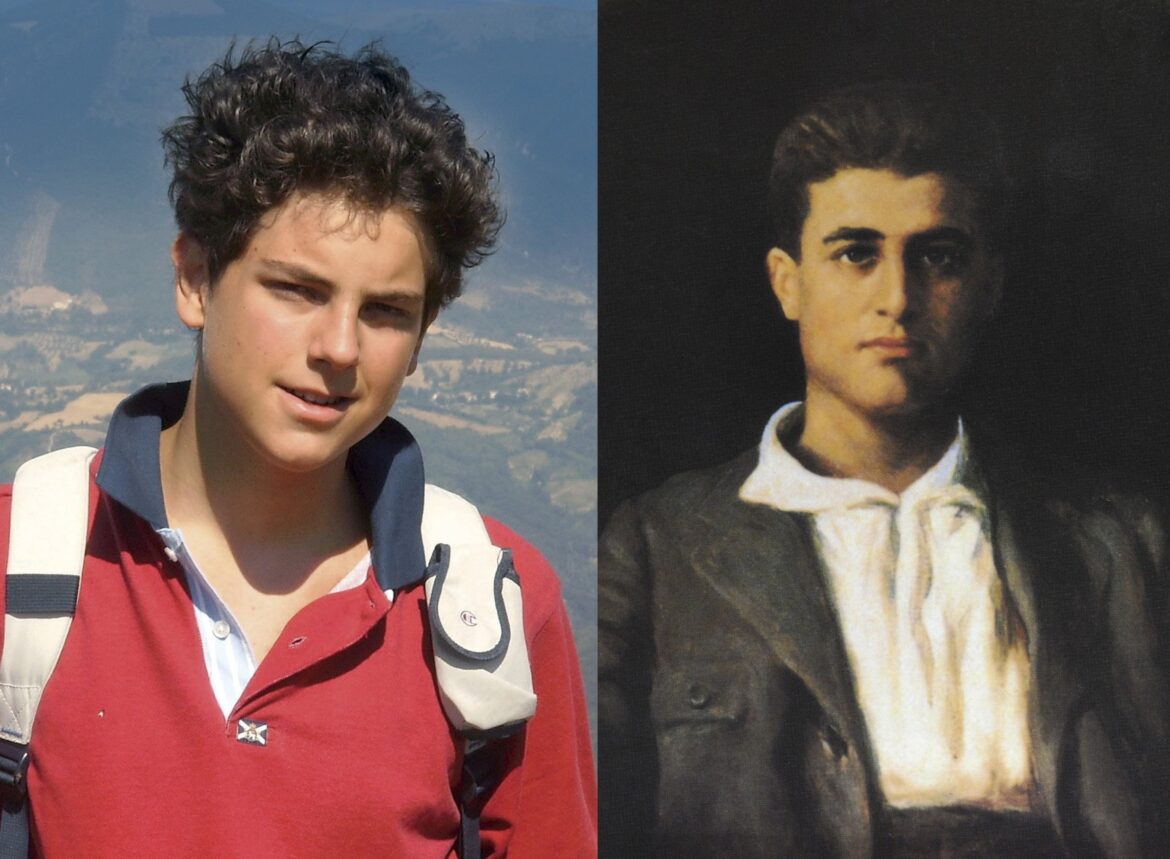When Pope Leo XIII penned “Rerum Novarum” in 1891, the world was caught in the gears of the Industrial Revolution. The smoke of factories darkened Europe’s skies, and the dignity of workers was too often trampled under the march of machines.
Leo XIII saw clearly that the upheavals of industry were not principally economic but moral. This was a spiritual, not technological crisis. His encyclical offered a path through the turmoil: the dignity of work, the rights of laborers, the responsibility of employers, the centrality of the family and the primacy of the common good.
Frassati’s solidarity with the poor
Decades later, the Italian youth Pier Giorgio Frassati became a flesh-and-blood commentary on Leo’s words.
Born into an established family, he embraced a life of prayer and solidarity with the poor. In fact, Pier Giorgio studied mining engineering at the Royal Polytechnic Institute of Turin, hoping to “serve Christ better among the miners.” Led by his missionary spirit, he chose this path because miners were among the poorest laborers, enduring some of the harshest working conditions.
From dinner table discussions in his own family’s home to protests in the streets of Turin, Frassati bore witness that sanctity is not an abstraction. He showed that young people could live the Gospel fully amid the noise and smoke of industrial modernity.
Now, more than a century later, we stand at the cusp of another revolution: the revolution of the algorithm. Artificial intelligence is reordering our economies, unsettling our notions of work and pressing us to ask new questions about human identity and creativity. Will we allow technology to serve the human person, or will we sacrifice dignity on the altar of efficiency and profit?
It is no coincidence that Providence gives us guides for this age as well. Pope Leo XIV warns, “AI, especially Generative AI, has opened new horizons on many different levels, including enhancing research in healthcare and scientific discovery, but also raises troubling questions on its possible repercussions on humanity’s openness to truth and beauty, on our distinctive ability to grasp and process reality.”
Society thrives, the pope stresses, when people can develop their God-given gifts and freely use them to meet the needs of the times and serve others generously.
Acutis and the digital age
And here too, the church raises up a young saint to point the way: Carlo Acutis.
Carlo’s revolution was not smokestacks but servers. A teen of the 1990s, he loved computers, taught himself programming, and saw in the developing internet a new continent for evangelization. His famous website cataloguing Eucharistic miracles was not a hobby project — it was a missionary effort.
For Carlo, digital tools were always in service of the Gospel.
Carlo’s witness stands to our digital world as Pier Giorgio’s did to the industrial one. Both teach us that young laypeople, immersed in their times, can transform society when they live for Christ.
Every revolution tempts us to reduce people to things: workers to cogs in machines, or minds to nodes in a network. But the Catholic answer has never wavered. The human person is not a tool, but a child of God. And Christ remains Lord of history — of the past age and of the one dawning before us.
Holiness does not wait for stability. Holiness is forged in revolution. Just as Leo XIII and Pier Giorgio offered the world hope amid industrial turmoil, so too Leo XIV and Carlo Acutis call us to sanctity amid the uncertainties of artificial intelligence.
Our task is not to retreat in fear but to witness with courage: to humanize the new, to sanctify the present, and to live as citizens of heaven in every age.
Father Patrick Briscoe, OP, is editor of Our Sunday Visitor. Follow him on X @PatrickMaryOP.




